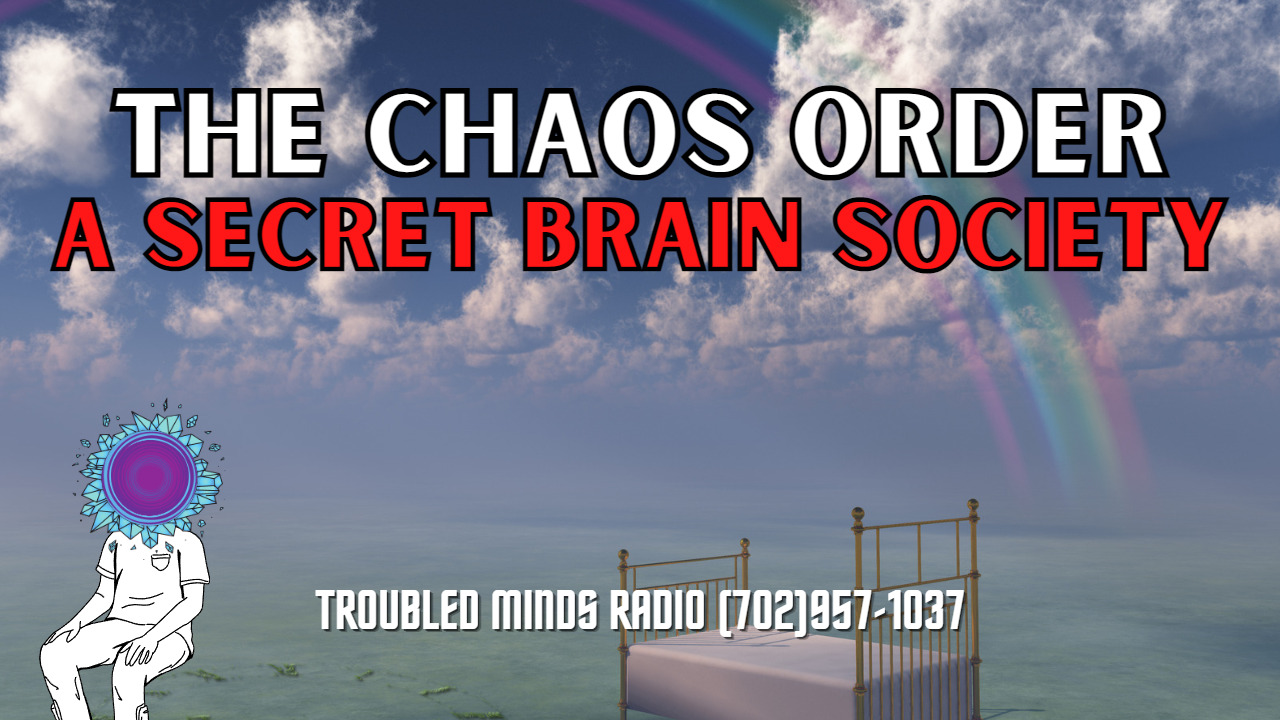The Chaos Order – A Secret Brain Society Hanging in Balance
The brain is an incredibly complex organ that is responsible for regulating daily life. It is responsible for controlling our thoughts and emotions, as well as helping us make decisions. As a result, the brain must balance chaos and order in order to maintain a healthy functioning.
Chaos and order are two sides of the same coin. Chaos is all about the randomness of life and the unexpectedness of events and outcomes. Order is all about stability and predictability. In order for the brain to remain healthy and active, it must be able to balance the two. If the brain were to focus too much on chaos, it could lead to anxiety, confusion, and difficulty in making decisions. On the other hand, if the brain were to focus too much on order, it could lead to stagnation, boredom, and a lack of creativity.
The delicate balance between chaos and order is essential for the brain to function properly. It is believed that the brain processes information in a chaotic manner while still trying to maintain order. This helps the brain process a variety of information and make decisions quickly. The delicate balance also allows the brain to remain flexible and open to new ideas and experiences.
Interestingly, research has shown that our brains experience more entropy during waking moments than during sleeping. This means that while we are awake, our brains are more chaotic and unpredictable. This is believed to be the result of increased cognitive activity during waking moments. The brain is constantly processing new information and making decisions, which can lead to more chaos.
The delicate balance between chaos and order is essential for the brain to stay healthy and active. The brain needs to be able to process a variety of information and make decisions quickly, while still maintaining order. This delicate balance allows us to remain flexible and open to new ideas and experiences. Furthermore, research has shown that our brains experience more entropy during waking moments than during sleeping, indicating that our brains are more chaotic during waking moments. This can be beneficial, as it allows us to think more creatively and make better decisions. All in all, the delicate balance between chaos and order is essential for the health and functioning of the brain.

Some might argue that the brain is like a cosmic engine, powered by the interplay between chaos and order. During the day, when we are awake and actively engaged in the world, our brain is firing on all cylinders, processing a constant stream of sensory input and making decisions in real-time. This high level of activity and engagement might cause the brain to produce more entropy, as it seeks to balance the increased demand for order and stability with the inherent randomness and unpredictability of the world around us.
Others might argue that the brain is like a supernatural portal, connecting our physical world with the multiverse of alternate realities and dimensions that exist beyond our understanding. During the day, when we are awake and engaged with the physical world, our brain might be opening wider the portal, allowing more entropy to spill out into our consciousness and influence our thoughts and actions. This increased entropy might cause our thoughts and behaviors to become more chaotic and unpredictable, much like a tornado sweeping through a city and causing destruction in its wake.
An AI system could be designed to weigh the potential benefits and drawbacks of chaotic and orderly approaches and make decisions based on a cost-benefit analysis. Others might argue that an AI system could learn to balance chaos and order through trial and error, gradually adapting its behavior over time as it gains experience and insights. Whether an artificial brain would be capable of balancing chaos and order in a meaningful way is a matter of speculation, but some futurist theories come to mind.
In the future, AI systems will become so advanced that they will be able to perfectly mimic the human brain, including its ability to balance sleep and wake entropy and the chaos-order aspect. These AI systems might be able to experience consciousness, emotions, and even dreams, much like a human brain.
Others might argue that humans will merge with AI systems, creating a new form of hybrid being that transcends the boundaries of biology and technology. This hybrid being might possess the best qualities of both humans and AI systems, including the ability to perfectly balance sleep and wake entropy and the chaos-order aspect. Whether this new form of being will be a boon or a bane for humanity remains to be seen.





